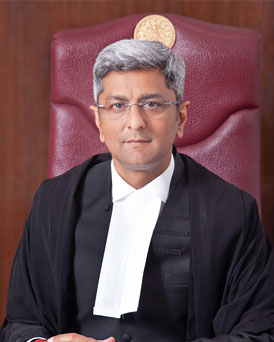The Delhi High Court has held that a minor victim’s failure to describe sexual acts as “forcible” in her initial statements cannot be used as a defence by the accused under the POCSO Act.
Justice Sanjeev Narula, while upholding the conviction of a 21-year-old man for raping a 14-year-old girl, noted that even if the victim had described the acts as consensual in her medical records, such statements do not absolve the accused. The Court emphasized that the disparity in age and maturity makes minors highly vulnerable to influence and manipulation — something the POCSO Act is specifically designed to prevent.

The man had challenged his conviction under Sections 363, 366, 376(2)(n) of the IPC and Sections 5(j)(ii) & 5(l) of the POCSO Act, arguing that the victim’s statements were inconsistent. Initially, she had told the police that she loved him, had left home voluntarily, and even married him. However, in her later statement before the Magistrate, she said he had forcibly taken her and established sexual relations against her will.
Rejecting the defence, the Court held that in POCSO cases, the question of consent is irrelevant when the victim is a minor. It found the testimony of the prosecutrix reliable and supported by medical evidence of pregnancy, which confirmed repeated sexual assault.
Accordingly, the High Court dismissed the appeal and upheld the sentence of 10 years’ rigorous imprisonment. It also directed the DSLSA to ensure disbursement of ₹7 lakh compensation to the victim, as ordered by the trial court.
Case Title: Rajnish v. State (NCT of Delhi)

